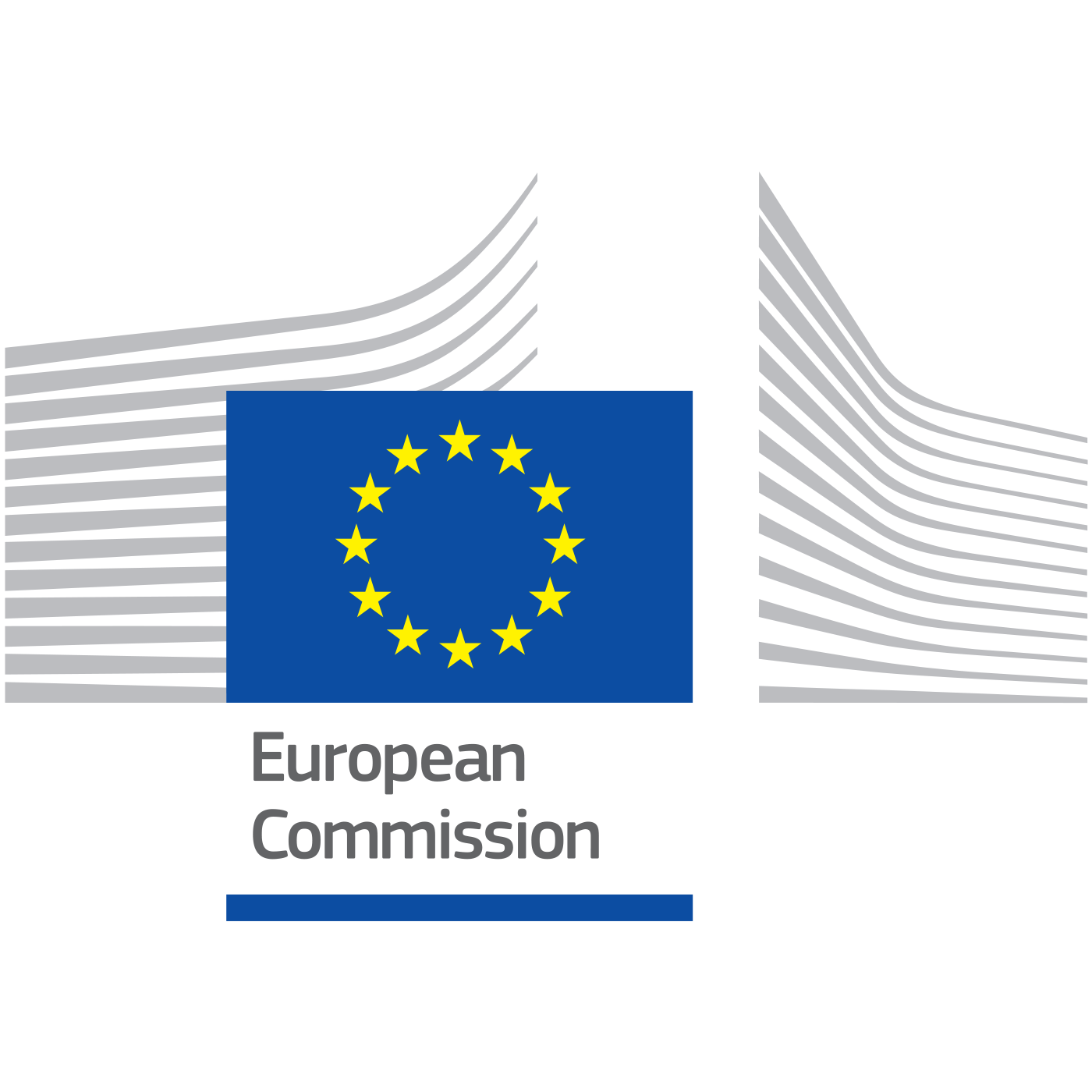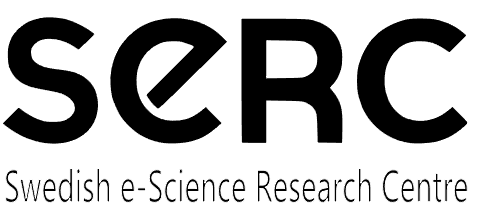Podobas Research Group
Research in Neuromorphic-, Reconfigurable-, and High-Performance Computing.
Building Digital Brains (Vetenskapsrådet Starting Grant)

”Speed and scale” is considered as the two (out of four) most important obstacles to solve to advance brain simulations. The culprit behind these obstacles is a mismatch between traditional (von Neumann) architectures and how the brain operates, leading to slow, inefficient, and power-hungry solutions. In this computer architecture project, we aspire to research a new programming method that allows domain scientists to automatically generate – or build – “brains”. These ”brains” – also known as neuromorphic systems – will be based on emerging reconfigurable technology, which allows for specialization, customization, and silicon plasticity. Our proposed method builds on High-Level Synthesis and separates the description of neuron/synapse dynamics from the hardware synthesis, which leads to a reduced (minimal) learning curve for domain experts while facilitating high-performance, portable, and power-efficient solutions.
Extra-Brain (Horizon Europe)

EU EXTRA-BRAIN is aimed at developing next-generation AI solutions that offer functional flexibility, reliable generalisation performance and moderate demands for data and computing resources. This computationally Efficient and performance-wise Trustworthy AI will be achieved by mimicking selected features of the architecture of the brain’s NNs and their mechanisms for learning and processing information.
Automatics in Space (Horizon Europe)

The principal aim of the ASAP project is to design and develop algorithms for the automation of operations on board
space missions, based on the use of artificial intelligence techniques to be implemented on the on-board processors.
We plan to identify, select and develop artificial intelligence algorithms, in particular Machine Learning algorithms,
and to investigate the possibility of their usage in real scenarios on board spacecraft.
Swedish e-Science Research Centre (SeRC)

The Swedish e-Science Research Centre (SeRC) is an research environment whose mission statement is to develop state-of-the-art e-Science tools and infrastructure to emerging e-Science communities to facilitate new and existing scientific breakthroughs in Sweden. Our group is working with Pawel Herman and Anders Lansner in applying the brain-inspired BCPNN model to solve problems.